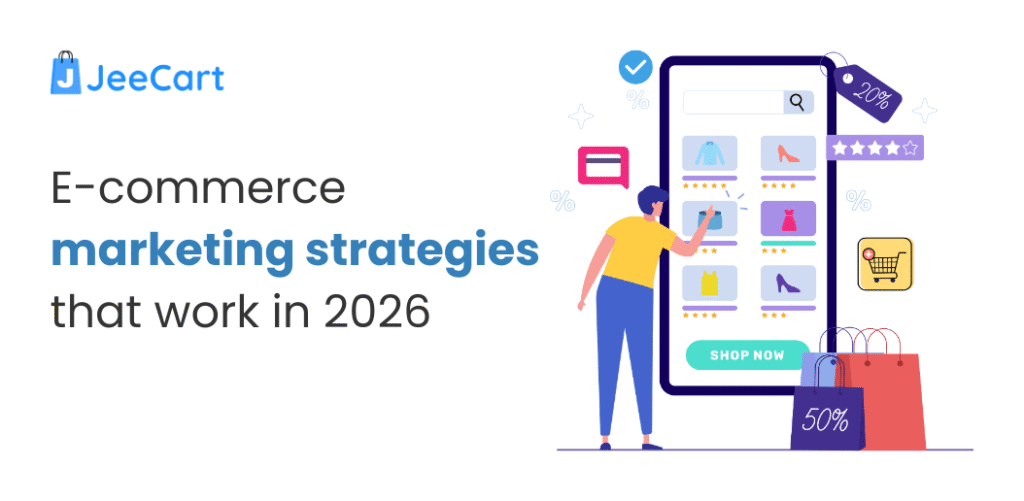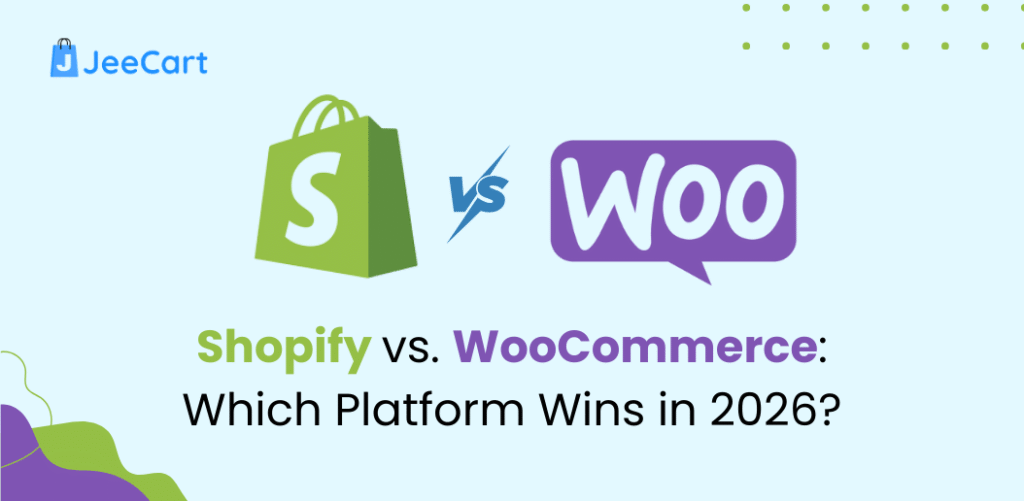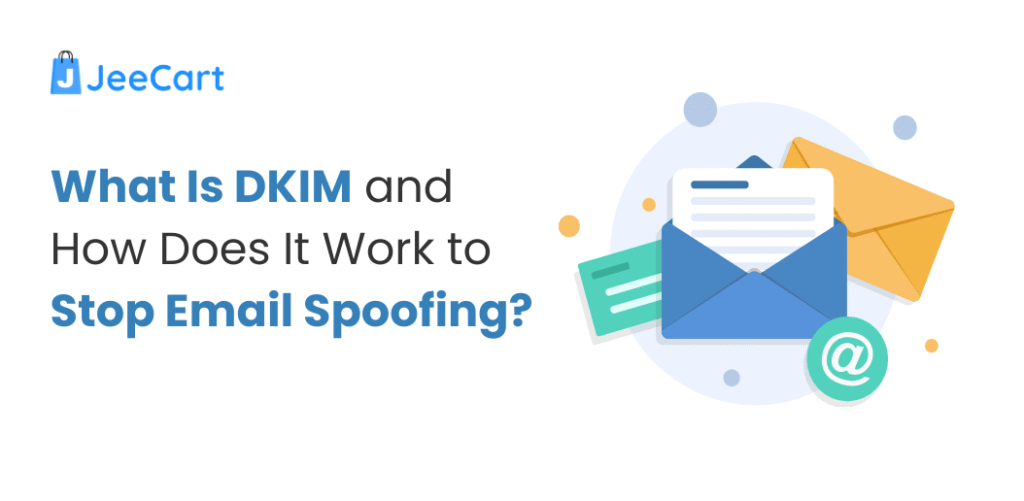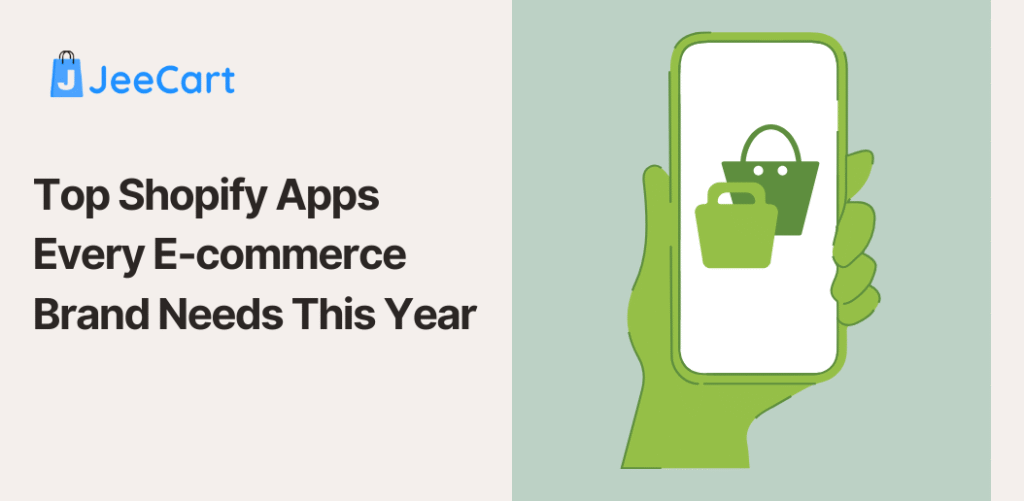
Imagine this – what it would be like if all your online shopping worked with Bitcoin?
Eliminating middlemen allows all parties to see what’s going on and speeds up all transactions. Sounds futuristic? Blockchain technology has become part of today’s e-commerce world.
More and more people are joining the commerce sector. Statistics predict that the world’s e-commerce sales will hit $8.1 trillion by the year 2028. Still, as the market moves forward, issues such as securing data, detecting payment fraud, slow deliveries, and strained relationships between buyers and sellers persist. It is blockchain technology that may change not only how buyers shop but also how sellers sell.
The use of blockchain in e-commerce is enhancing the security, transparency, and efficiency of online businesses. Companies secure trust, and customers have more secure experiences. Let’s examine how the evolution of the digital marketplace is changing things.

What Is Blockchain ecommerce?
Blockchain e-commerce means bringing blockchain technology into the world of online shops. Rather than trusting central institutions, transfers and data exchange take place on a standalone network. Consider the ecosystem as peer-to-peer, and every user’s actions are saved in a digital database that can’t be altered.
It is not only an intellectual change, but also one that happens in practice. Large companies and startups are already putting a lot of money into blockchain ecommerce marketplace platforms to ensure more transparency, increased security and improved efficiency.
Since blockchain is being used by more businesses, it’s obvious e-commerce can greatly benefit from it. So what challenges does it address? Let’s get started.
Why Ecommerce Needs Blockchain
Some of the problems e-commerce currently deals with are fraud, higher transaction costs, and less transparency. Thanks to blockchain, transactions on the internet can be secure, trustworthy, and not very costly. Let’s look at what makes software development important for e-commerce businesses. Though online shopping is very popular now, traditional e-commerce systems experience important challenges.
- Fraud and Chargebacks: Businesses lose billions due to online payment fraud, which hurts their profits. Because blockchain records cannot change, it is easier to confirm reliable transactions without requiring others to handle the payment details.
- Data Breaches: Due to centralized databases, these sites are easily hacked, resulting in the theft of personal customer information. Since blockchain spreads data across many points, it is extremely hard for anyone to access it without the right keys.
- Lack of Transparency: It is often not easy for consumers to find out where products are made or when they will arrive. As everything on a blockchain is logged, complete transparency in supply chains is provided to help assure people of the authenticity of products.
- High Transaction Fees: It costs businesses a lot to use PayPal and Stripe for processing payments. Using blockchain, people can make direct payments to each other at minimal cost and with higher security and efficiency during e-commerce transactions.
By adding smart contracts, proper identity checks, and decentralized methods of payment, blockchain solves the main issues within e-commerce. Additionally, using cross platform development services can enhance the integration of blockchain solutions into various e-commerce platforms, making them more accessible and user-friendly.
What are the major differences between blockchain ecommerce and other forms of ecommerce? We will discuss how the crypto revolution benefits businesses and individuals.

How Blockchain Ecommerce Solves Key Industry Challenges
When it comes to security, speed, and transparency, regular e-commerce deals with many problems. Blockchain manages these issues by using transparent files that cannot be changed, plus saving money and raising trust levels, making online deals more secure and easier. Let’s look at how it addresses challenges in the industry.
Here’s how blockchain ecommerce is solving real-world problems:
|
Challenge |
Traditional Ecommerce | Blockchain Ecommerce |
| Payment Security | Risk of fraud and chargebacks | Immutable, verified transactions |
| Transparency | Limited visibility for users |
Full traceability and trust |
|
Costs |
High fees via intermediaries | Peer-to-peer low-cost payments |
| Data Protection | Centralized & vulnerable |
Decentralized & encrypted |
|
Logistics Tracking |
Often unreliable |
Real-time smart contract updates |
Seeing blockchain in action is the best way to understand its impact. Here are some real use cases demonstrating its effectiveness.
Real-World Use Cases
1. Supply Chain Transparency
Firms such as IBM and Walmart are applying blockchain to supervise products from the point of production to the end consumer. QR scanning allows customers in blockchain ecommerce to trace the entire history of the product they’re interested in buying. You can support this transparency even further by using The QR Code Generator (TQRCG) to create scannable codes that connect customers directly to verified blockchain product records.
2. Decentralized Marketplaces
Buyers and sellers can use OpenBazaar and Origin Protocol to make transactions in cryptocurrency. In these blockchain ecommerce platforms, there are fewer middlemen, which makes everything more trustworthy and less expensive.
3. Token-Based Loyalty Programs
Businesses can use tokens based on blockchain to reward their customers instead of traditional points. These tokens may be exchanged for cash, sold or turned into stakes, contributing value to a brand’s loyalty.
Or, complement your blockchain rewards with a proven referral engine like ReferralCandy to automate and track customer referrals and give both referrers and referees instant rewards.
Blockchain is making a big impact on ecommerce, though scaling it to different industries is not easy. Let’s examine the factors that are preventing more widespread growth in this technology.

What Are the Challenges to Blockchain Ecommerce Adoption?
Although blockchain can make transactions safer and more open, its adoption by most users is still a challenge. For businesses, facing issues of scalability, government requirements, and combining systems is important before they can fully use blockchain in e-commerce. Now, let’s focus on the main problems.
The use of blockchain in e-commerce looks very positive, although it does face some difficulties:
- Scalability: Processing thousands of transactions per second is still a limitation.
- User Experience: Blockchain interfaces can be complex for average users.
- Regulatory Uncertainty: Crypto-related regulations vary widely across regions.
With more resources being put into research, many of these issues are getting solved quickly.
Blockchain e-commerce is still growing, and its future looks exciting. Now, let’s examine what businesses can expect by adopting this technology.
What Does the Future Hold for Blockchain ecommerce?
Online commerce is being reinvented by blockchain, yet what lies ahead for it? As more consumers get involved, new technological solutions will change the way businesses and consumers connect. Let’s investigate what the future has in store.
Deloitte’s research reveals that more than half (55%) of worldwide companies consider blockchain to be a main area for innovation. The adoption of blockchain technology by businesses is likely to make it a standard in e-commerce.
Predicted trends:
- NFT integration in e-commerce (e.g., digital ownership of exclusive items)
- Crypto checkout options becoming standard
- Blockchain ecommerce marketplace platforms rival giants like Amazon and eBay
After learning about its perks and what lies ahead, I want to describe how you can get started with blockchain in your e-commerce company now.
How to Get Started with Blockchain ecommerce
If you are a business owner or entrepreneur looking to explore blockchain technology for e-commerce, here are a few steps:
- Learn the fundamentals of blockchain and help your team do the same. If you know about decentralization, transparency and security, you can decide whether blockchain adds value to your e-commerce business.
- Try out blockchain-based marketplaces, including Origin Protocol and OpenBazaar, or explore Shopify’s features with cryptocurrency. They support non-central transactions, bringing down costs and making workflows increase in efficiency, with special features for every kind of business model.
- Start with smaller projects like offering loyalty points you can collect as cryptocurrency or paying for goods or services with crypto. Securely checking blockchain will let you see its advantages before making a big commitment to it.
- Cooperate with blockchain developers to develop personalized applications. Using the guidance of experts makes it easier to apply smart contracts, have secure transactions, and automate tasks, getting the most from your blockchain for business growth. By leveraging nearshore IT staffing, you can quickly scale your blockchain development team with skilled professionals while maintaining cost efficiency and close collaboration.
- Starting small can help you assess the feasibility and ROI of blockchain adoption without major disruption.
Ending Note
Blockchain technology in e-commerce is making a big difference in how transactions happen on the web. The switch to decentralized payment systems improves security, makes things clearer and gives users more power while requiring less use of middlemen. Growing digital commerce means businesses and people will both reap the rewards of tamper-proof records and direct transactions between peers.
The move is making e-commerce more trustworthy, focusing on both privacy and efficiency. As more companies use blockchain solutions, the industry is growing fast. Now is the moment for sellers concerned about safe money transfers and buyers wanting to know where their purchases are made, to look at how blockchain will influence online shopping.




